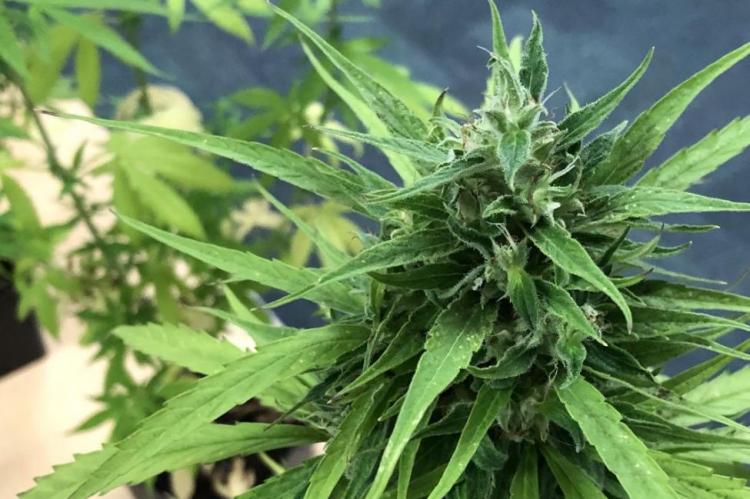U.S. researchers will study hemp’s potential to clear algae
Researchers in the U.S. state of Florida are studying how hemp plants could help in the battle against toxic algae, a persistent problem at the state’s two coasts.
Steven Edmonds, founder of Hemp4Water and a political science instructor at Valencia College in Orlando, has teamed up with researchers from Florida State College on the initiative. The group said it will test grow hemp mats in Florida waterways to check their potential to clear nutrient pollution that feeds toxic blue-green algae and red tide algae.
Algae a serious problem
Scientists have found that decades of farming, development and canal dredging has overloaded Lake Okeechobee, the state’s biggest fresh-water body, and other Florida waters with the nutrients that feed toxic blue-green algae and red tide algae in coastal waters. The researchers suggest the mats could provide a source of hemp fiber in addition to cleaning the water.
A severe outbreak of red tide algae in southwest Florida in 2018 hit the fishing and tourism industries. Blue-green algae in 2016 left harbors full of dead fish in the Indian River Lagoon along the Atlantic Coast. And in 2013, a severe bloom of red tide algae in southwest Florida killed more than 240 manatees, prompting Edmonds to seek a solution.
“I know that hemp growers spend a lot of money creating a water supply that’s rich in nitrogen and phosphorus because cannabis needs that,” Edmonds told UPI. “It just makes sense to try this.”
Scope of the research
Martin Ecosystems, a Baton Rouge, Louisiana company, donated growing containers and floating mats for the research project, in which hemp plants are placed on a bed of soil and clay, held up by the mats. The plants’ roots hang down into the water, sucking up naturally occuring nitrogen and phosphorus. The research will show just how much of those two nutrients each plant removes from the water. Researchers then will calculate how much can be cleaned up by larger plantings.
Health problems due to harmful algae cost the nation $22 million annually, a report from the University of Florida has said. Toxic algae, which wash onto beaches, cause foul odors and kill marine life.
- Log in to post comments

